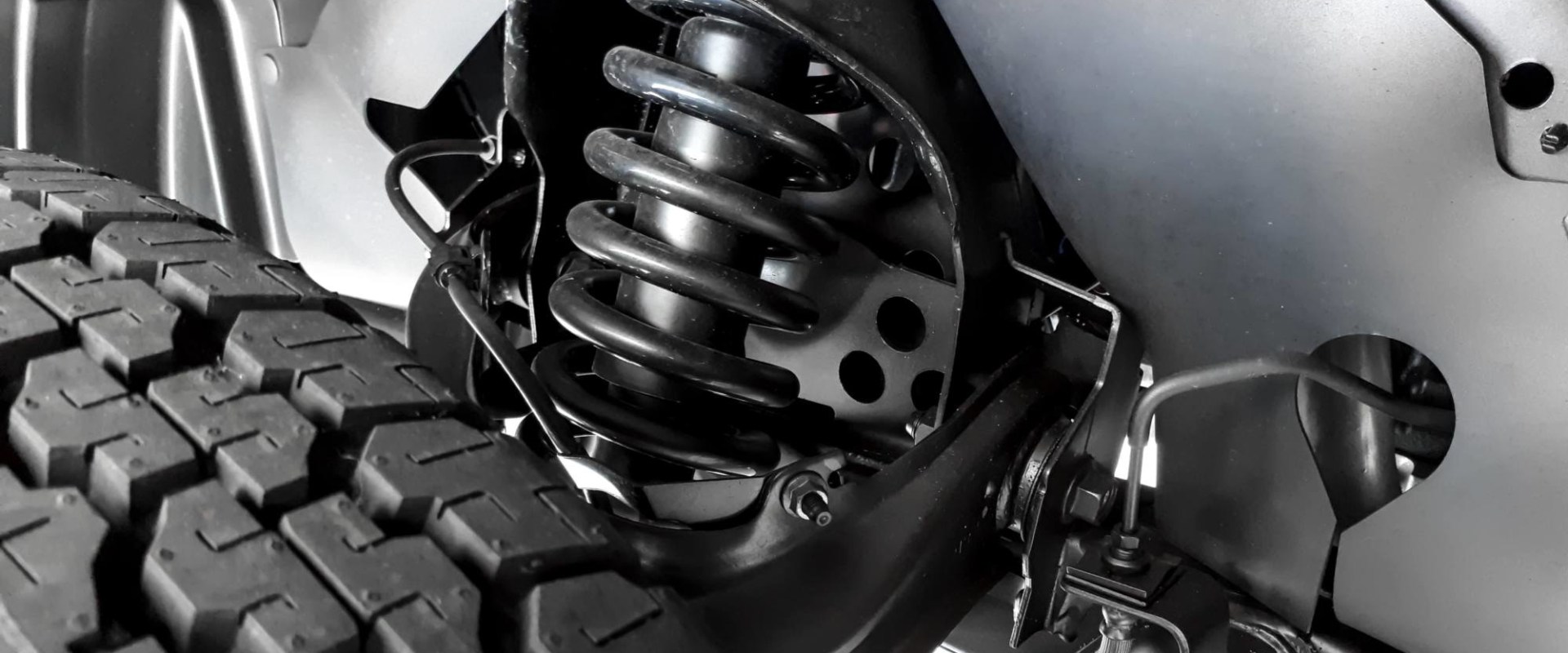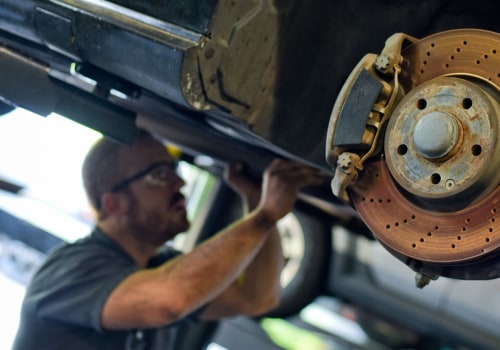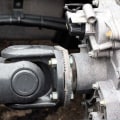Hang up the suspension, lift the vehicle so that it hangs freely from an elevator or jacks approved for the vehicle's weight. With the reduced weight of the suspension, check if each part is loose, if it is too tilted, if it is damaged, if it has cracks, if the boots are broken, or if there are any other signs. Then lift the vehicle and visually inspect the greasing boots, rubber bushings, and shoulder straps for damage or irregular wear. If you need an Oil Change near James Island SC and have problems with the suspension, open the vehicle's hood and inspect the shock absorbers or struts, which extend through the fender above each wheel and on each side.
How do you inspect steering and suspension components?
Hang up the suspension, lift the vehicle so that it hangs freely from an elevator or jacks approved for the vehicle's weight. With the reduced weight of the suspension, check if each part is loose, if it is too tilted, if it is damaged, if it has cracks, if the boots are broken, or if there are any other signs.
Gilles De Maes25-09-20250 minutes 36, seconds read
New Posts
What is the meaning of automobile repair?
Gilles De Maes0 minutes 17, seconds readAutomotive repair, specifically for an Auto Mechanic in Kiawah Island SC, means general repair, engine reconstruction, or overhaul of motor vehicle collision service, such as the straightening of bodies, frames and fenders and the repair and painting of motor vehicles. An auto repair shop in Kiawah Island SC performs regular maintenance and repairs on moving parts.
What is the best marketing for auto repair shop?
Gilles De Maes4 minutes 12, seconds readLocal advertising is one of the most effective marketing strategies for auto repair shops to attract new customers to their workshop. After all, if they don't know your workshop, how will they know they must come to you to have it repaired?.
How do you check for car corrosion?
Gilles De Maes1 minute 46, seconds readWith a flashlight, look at any piece of metal you can at our Tire Shop in Nexton SC. Don't forget to check the hinges on the doors, the hood and the trunk and their molding areas, as they can rust on them.
How to Check for Worn Brakes During Automotive Maintenance and Repair
Gilles De Maes1 minute 32, seconds readLearn how to check for worn brakes during automotive maintenance and repair inspections. Find out what components need to be inspected and how often.










